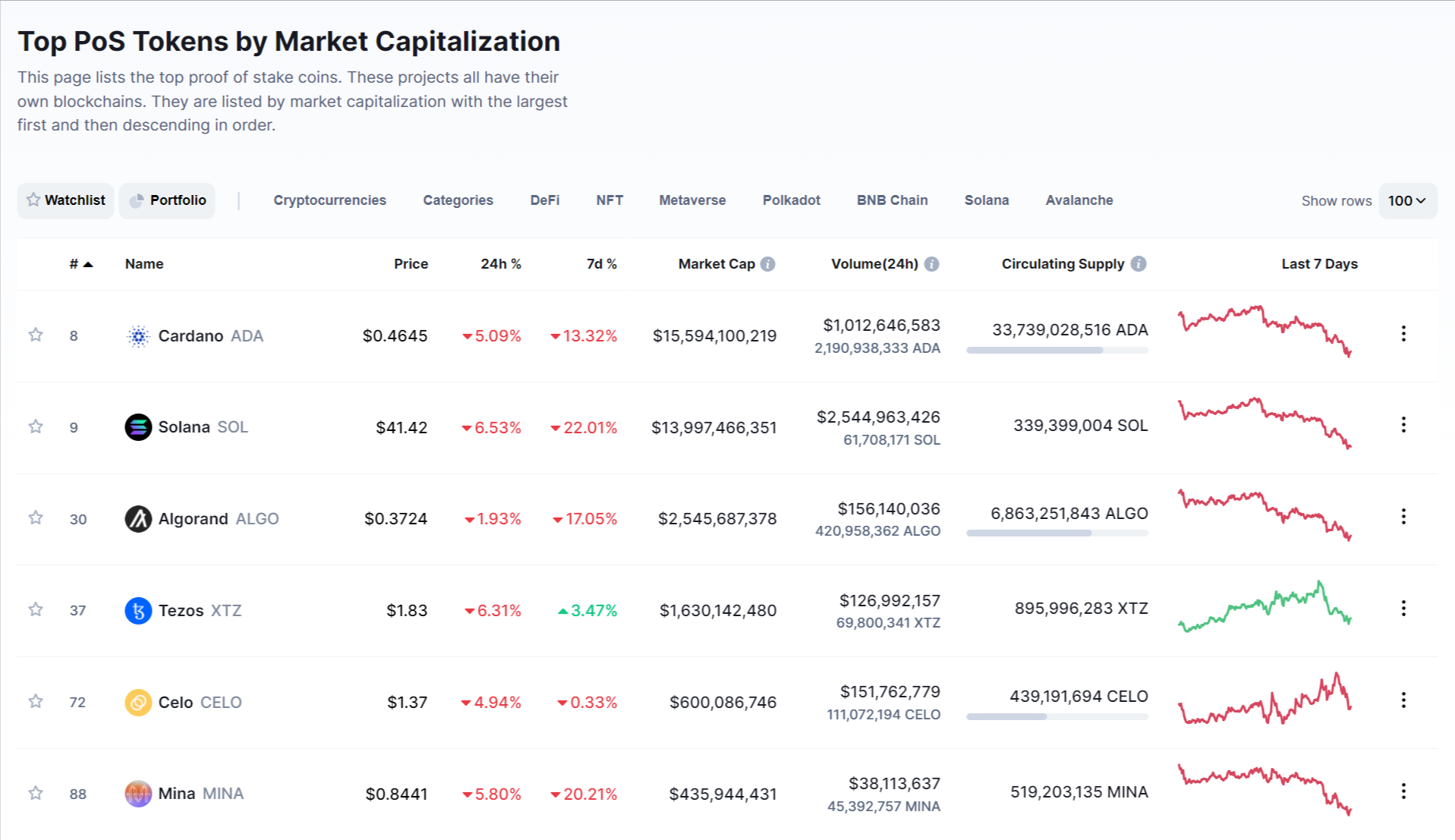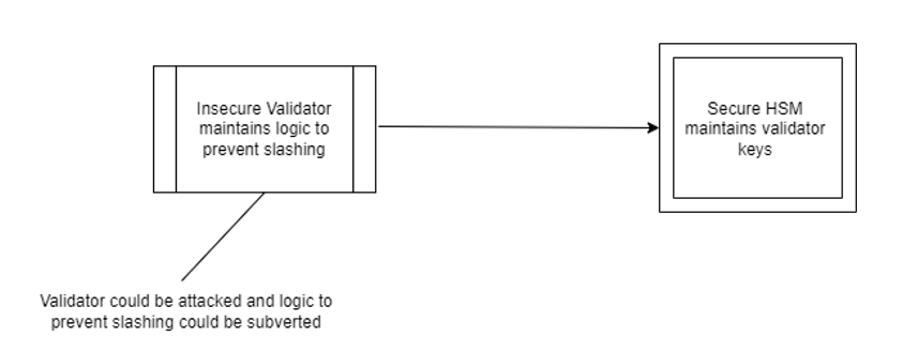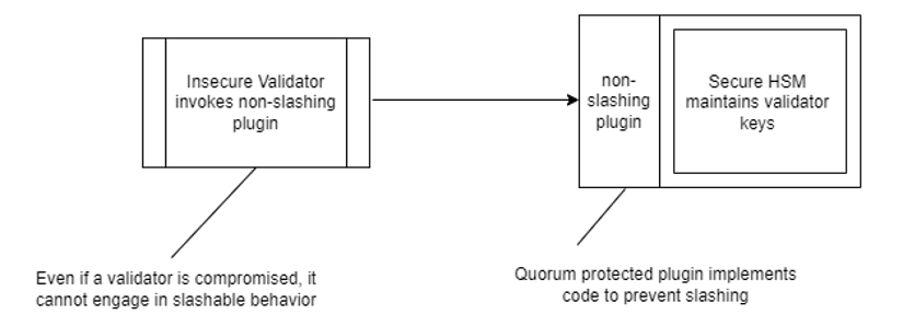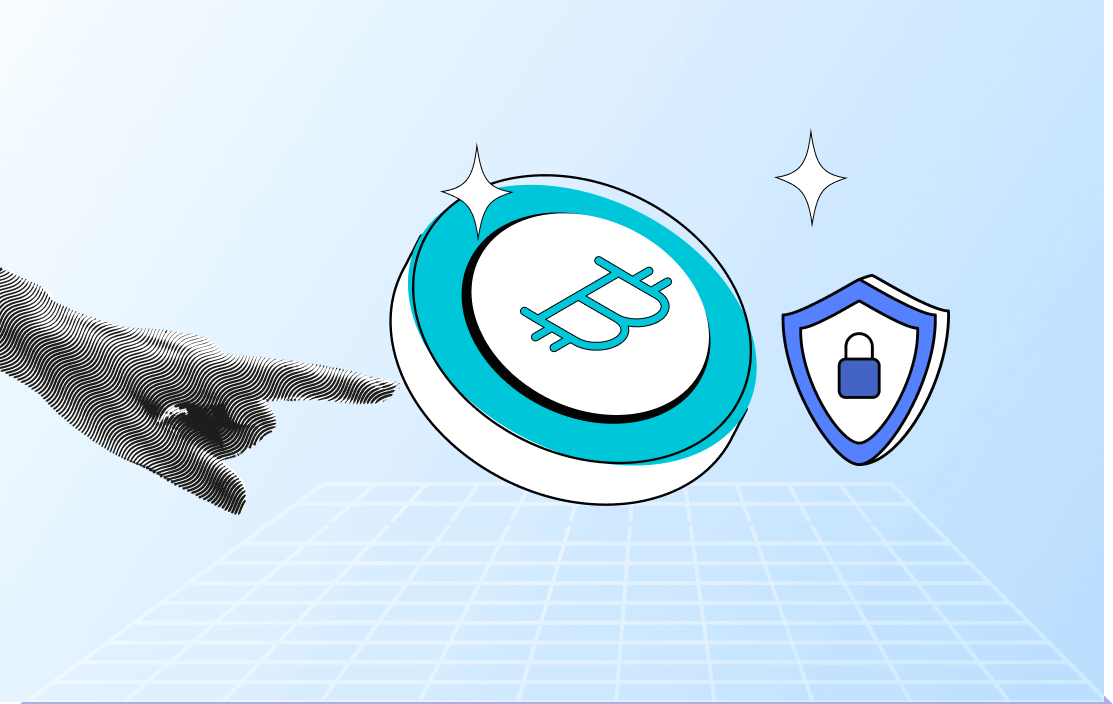Recent trends show that there is a strong uptick in the deployment of Proof-of-Stake blockchains. Proof-of-Work blockchains tend to be slow and very energy inefficient. Bitcoin continues to process transactions at the speed of 7 transactions per second and by some estimates, consumes around 91 terawatt-hours of electricity annually.
On the other hand, some Proof-of-Stake consensus blockchain projects are aiming at delivering throughputs upwards of 100,000 transactions per second while being very efficient with energy usage.

Figure 1 shows a screenshot of the top Proof-of-Stake blockchains which are being tracked on coinmarketcap.com. With a market capitalization of more than USD 15 Billion, Cardano ranks 8th among all blockchains.
Tendermint (now, Ignite) is a popular Proof-of-Stake blockchain framework. Several projects such as Binance DEX, Oasis Network, Secret Network, Provenance Blockchain, and many more use the Tendermint framework.
New Consensus, New Requirements
As Proof-of-Stake blockchains take hold, several changes are unfolding.
Instead of ‘mining’, there is ‘staking’, which is a process of making the native blockchain currency unusable by putting it at stake to obtain the right to validate transactions. Validators that stake crypto currency earn staking yields which are often in the range of 5% to 15%.
Unlike Proof-of-Work blockchains, where miners can come and go as they please, in Proof-of-Stake blockchains, validators must remain online because a super majority of votes are required to process transactions. Some protocols even enforce penalties which lead to loss of staked currency if validators do not remain online and participate in the consensus protocol.
Misbehavior, for example, voting on two separate blocks at the same height, is a punishable offense in Proof-of-Stake blockchains. A node caught deviating from the protocol can be punished and its staked currency can be slashed. The amount of slashed crypto currency depends on the specific blockchain. Each blockchain has its own rules.
Finally, newer Proof-of-Stake blockchains are shifting towards newer crypto systems that support signature aggregation. For example, the Boneh-Lynn-Shacham (BLS) crypto system supports signature aggregation. Using the BLS crypto system, thousands of signatures can be aggregated in such a way that the aggregated signature occupies the space of only a single signature.
How Fortanix DSM SaaS Secures Proof-of-Stake Validator Nodes
Fortanix Data Security Manager (DSM) SaaS has included support for Proof-of-Stake validators which makes them a lot more secure. Uniquely, validators that use DSM SaaS do not suffer from slashing.
Always Online Secure Storage and Use of Validator Keys

DSM SaaS is a FIPS (Federal Information Processing Standards) 140-2 Level 3 compliant Hardware Security Module (HSM) which is offered via the SaaS model.
DSM SaaS is offered from five independent clusters. The clusters are distributed across multiple data centers spread across different geographies to support high availability and disaster recovery. DSM SaaS is always online.
Non-slashing Signer Plugin ensures that Validators are never Slashed

Validator nodes often implement logic that prevents slashing. But slashing happens quite regularly. This could be because of misconfigurations or a subversion of the slashing logic by an attacker.

DSM SaaS offers a non-slashing plugin. The logic to prevent slashable behavior is implemented in this plugin which also controls the validator key.
The plugin is controlled by a quorum policy and no changes to the code are allowed without explicit permissions of the admin users that are part of the quorum policy. The plugin ensures that conflicting messages are not signed.
DSM SaaS supports BLS
Several Proof-of-Stake blockchains use the BLS crypto system because of the signature aggregation benefits it offers. Fortanix DSM SaaS will soon support the BLS crypto system.
Conclusions
Fundamental changes are happening in the blockchain ecosystem. There is a clear shift towards using Proof-of-Stake consensus because it offers higher performance and a lower energy footprint. This is not an insignificant change.
Validators, and their signing keys, need to remain online and participate in consensus. They are punished if they do not do so. Validators also need to ensure that they operate with high integrity.
To retain the large-scale distributed nature of blockchains, new crypto systems are being adopted. Fortanix DSM SaaS offers secure, always online key management for validator keys. It also offers a non-slashing signer plugin.
Validator nodes that use our non-slashing signer do not suffer from slashing penalties. Also, DSM SaaS will soon support BLS crypto system which is gaining popularity among Proof-of-Stake blockchains.

 Cite this article
Cite this article








